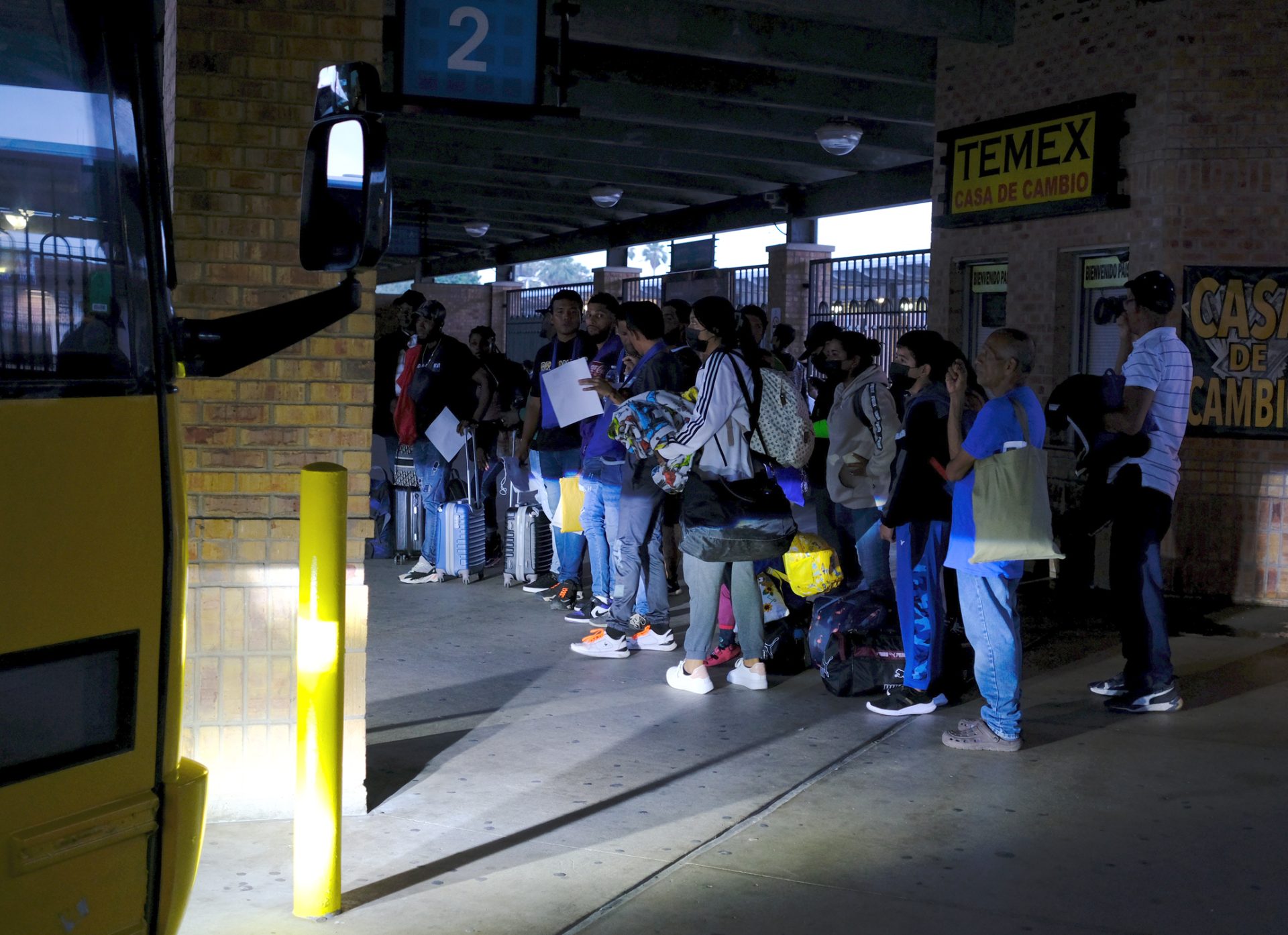|
Only have a minute? Listen instead
Getting your Trinity Audio player ready...
|
Republican efforts to shut down immigration, led by Texas Gov. Greg Abbott, have cost state taxpayers dearly — and hurt the economies of the Rio Grande Valley, state and nation at large.
Texas has spent some $125 million on the operation, according to Nexstar Media Group, which used the Texas Public Information Act to get the data from the Texas Division of Emergency Management. While the governor extravagantly created public funding accounts for the operation, donations have been anemic: taxpayers have footed 96% of the bill.
The immediate cost, of course, is the expense of chartering more than 2,200 buses and dozens of airplane rides to send more than 100,000 people to New York, Chicago, Los Angeles, our nation’s capital and other places — with no prior notice that would enable people there to make the necessary accommodations.
An indirect cost of the immigration crackdown is even greater, hurting industries that depend heavily upon foreign workers. This not only hurts those industries but the nation’s economy and Americans as a whole, by reducing the goods and services that migrant workers could provide to U.S. consumers. Those shortages lead to rising consumer prices, feeding the inflation that we all feel.
Unemployment rates are at record lows. That’s not necessarily a good thing. The U.S. Chamber of Commerce last month reported 9.5 million job openings, and 6.5 million unemployed workers.
Those jobless workers can’t — or won’t — fill all those job openings. A large part of the unmet demand is in industries that U.S. workers won’t take, and that traditionally rely heavily on immigrant labor: agriculture, construction, hospitality and health care, for example.
A possible solution seems obvious — match migrants with the jobs they can, and will, do. Instead of busing migrants to places where they will end up in shelters or released onto the streets just as if they hadn’t been bused at all, officials and advocates could seek to connect them with people who are willing to hire them.
Certainly, we’re under no illusions that Abbott might consider such a practical option. His intent is not to help anybody; it’s strictly punitive, meant to hurt both the migrants and cities whose governments have Democratic Party majorities.
However, federal workers, industry representatives and migrant advocates might be able to help.
Most current migrants come seeking asylum. Under U.S. immigration policy, refugee or asylee status automatically authorizes them to work.
Immigration personnel or representatives of industries that need workers might consider helping migrants secure taxpayer ID numbers, then find locations where jobs are available.
Even cities that receive Abbott’s buses could consider redirecting them to places that would welcome them. As Abbott surely knows, the cost of chartering a few buses probably offsets the cost that would be incurred providing shelter and services to the immigrants.
Such an idea surely requires planning and coordination. But interested parties might be able to find a way to help address our need for workers while offering immigrants a chance to support themselves rather than rely on taxpayers to support them.




